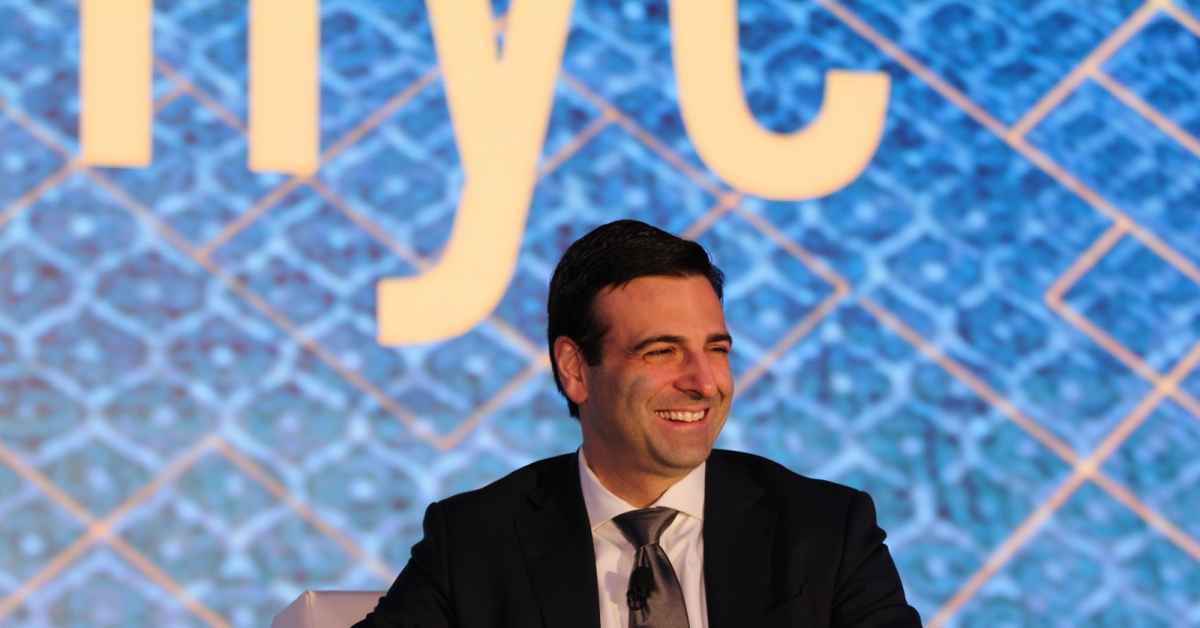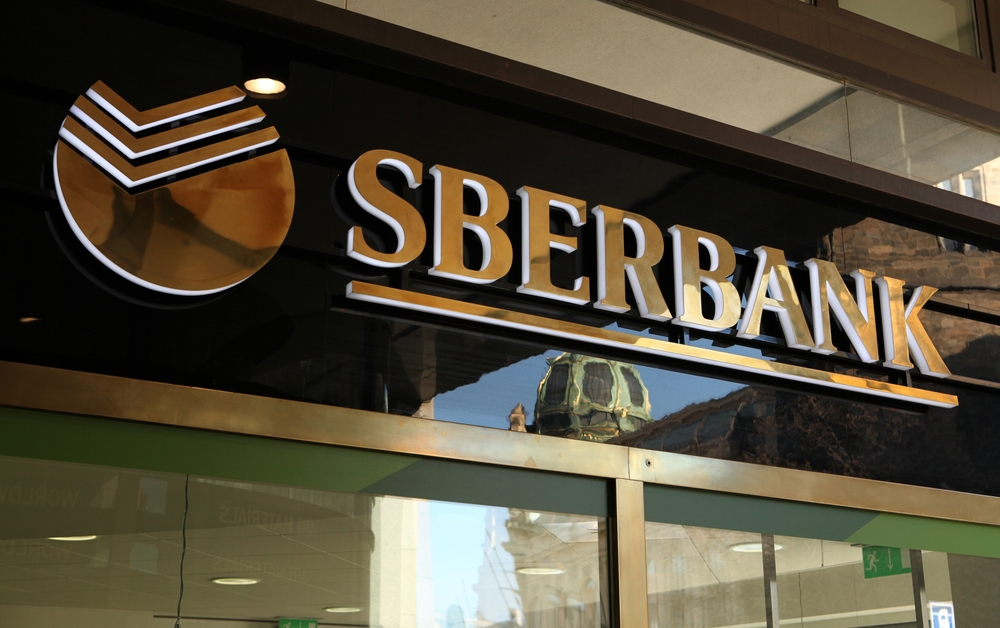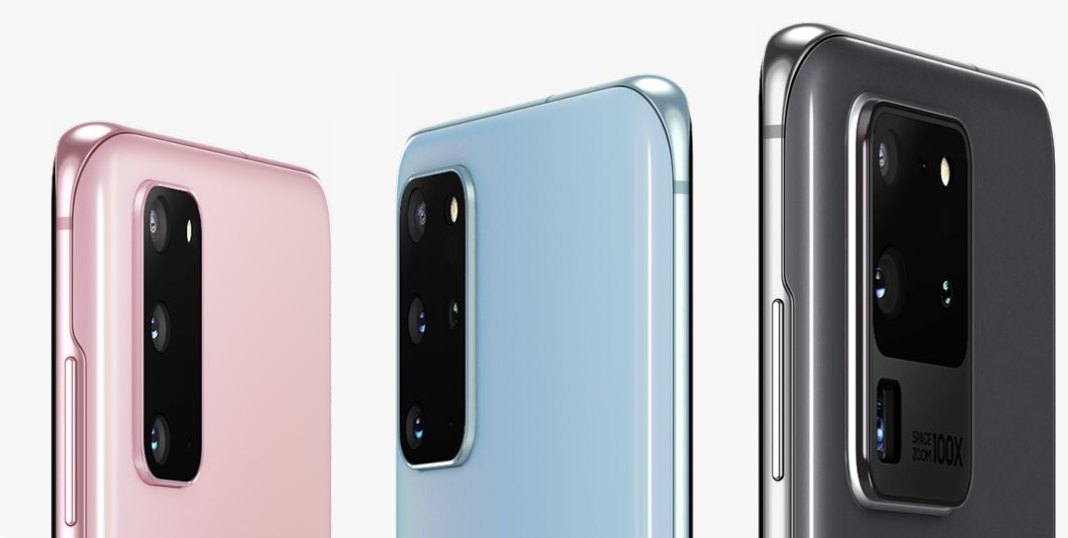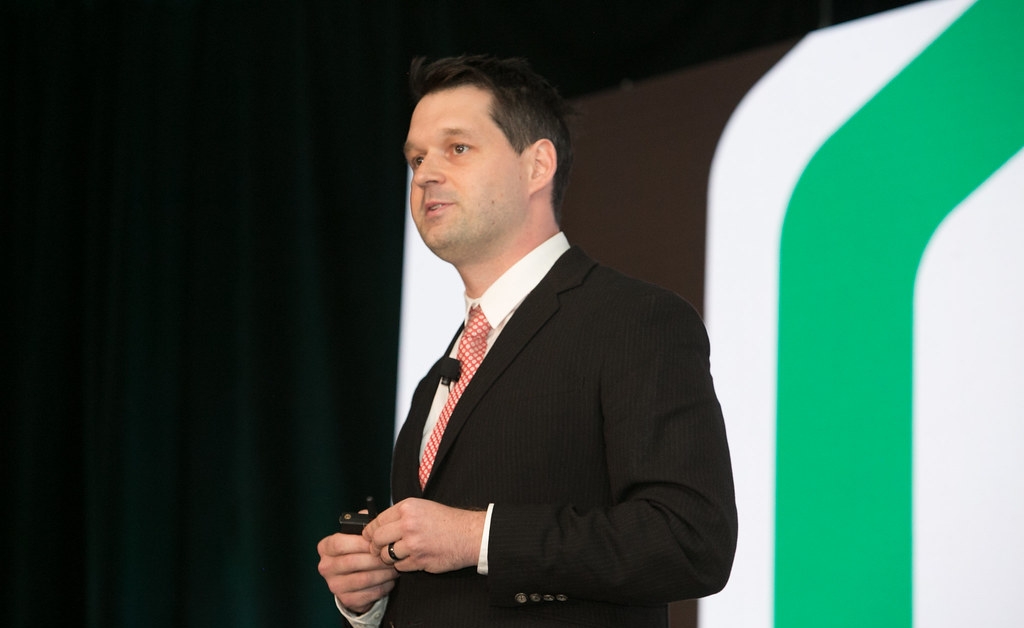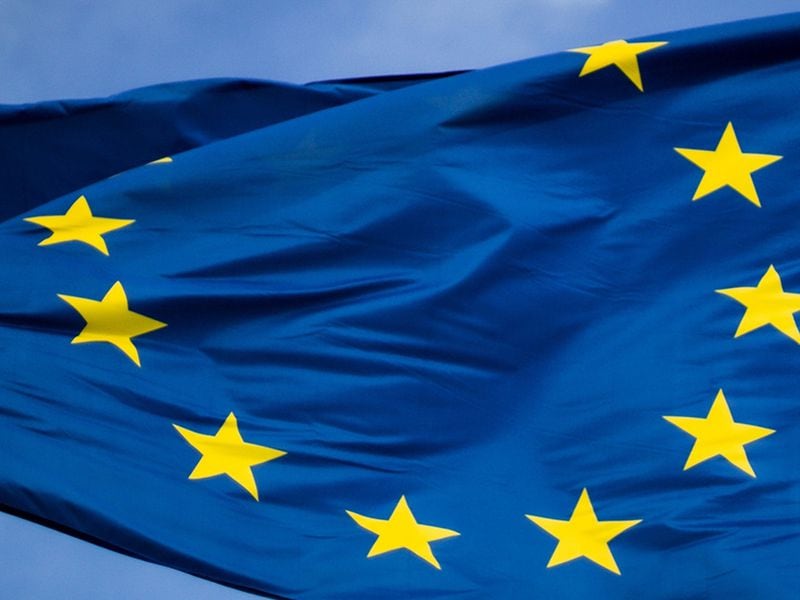Towards Governance Abstraction: Understanding a ‘Friendly’ Way to Manage DAOs
People like to call for the death of decentralized autonomous organizations, aka DAOs, these days. Just like they do for crypto. It is pretty easy to find flaws with groups and money. Especially on the internet.
But the real idea behind DAOs is that people don’t need to trust each other to make decisions as a group, for better or worse, using their own code.
Ross Campbell is a legal engineer and core developer for LexDAO and KALI, in addition to being a corporate attorney.
For this simple reason, I am bullish on DAOs. The existing way we govern things just doesn’t feel final at all. The coordination space cannot call it a day.
But DAOs do have much room for improvement. They optimized for security at the right stage, but did not anticipate, in my opinion, their own success. Self-custody and resilience is great, but so is being usable.
Usability issues in DAOs are not unique and are common to other blockchain applications. Chiefly, users don’t want to hold volatile gas tokens or deal with hobbyist UX. They have needed useful abstraction.
The stopgap solution so far in DAOs has been to allow for voting delegation. While this simplifies things and makes governance cheaper (many votes in one transaction), it begins to resemble politics. The flywheel of apathy is hard to ignore: People can’t afford to cast votes on layer 1s, and even on scalable layer 2s; and there is a lack of flexibility around initializing governance, and more importantly amending it.
So many DAOs seem to coast and we only really hear about them when they get hacked or make silly spending decisions that nobody seemed to want.
Each DAO design also tends to be monolithic, partially for development simplicity, but also to also provide a Schelling point to solve for some of the issues mentioned above.
People are asked to understand not only the blockchain and how to use it, but also high-stakes governance systems. Are we therefore surprised they aren’t excited about DAOs?
So, there is more or less a gap between group intents and group outcomes.
To be productive about this (in the spirit of, we have the technology), it is my belief and my recommendation that more people will consider governing more actively in DAOs, and DAOs would therefore be a more powerful feature of daily life, if the effort in making group accounts and on-chain decisions was truly secondary to their goals.
This is what I will call friendly “governance abstraction” (GOA). I use this term to cater to the attention given by developers and advocates in the blockchain space to “account abstraction” (AA), which seeks to simplify the blockchain user experience itself through smart contract accounts (“smart accounts”).
In other words, you won’t know you are using a blockchain. Because in some cases you can encode your relationships with other users (such as a DAO) effortlessly.
GOA and “DAOs delivering” in line with this trend will be achieved with two primary developments.
We need to treat DAO users not as our users … but as partners to strengthen our data sources and collective sovereignty
First, the migration of blockchain users to smart accounts. This will remove any issues around using gas to participate in DAOs. Users will be able to pay for network costs in any currency, and in many cases, be sponsored or even rewarded for voting. This upgrade alone will increase participation and DAO legitimacy.
It is also the case that account abstraction will not fully work without some form of GOA. The risks of self-custody are simply too great without involving more programmable rules and guardians.
Relatedly, delegation in DAOs won’t go away in this trend towards abstraction, but users will have far more leverage with how their votes get used. For example, GOA can allow scoped delegations guarded by smart account plugins, executed by agents (e.g., only use my votes for one day, or, vote no on any proposal made by Alice). These agents may or may not be actual people. Or, they may be a market (another topic entirely).
Second, the deployment of governance patterns as singleton smart contract installations will collapse much of the duplicative DAO code that makes it difficult for developers and users to reason around group ownership on blockchains. Building away from monoliths towards a bazaar of primitives.
After all, is it really the case that the blockchain ecosystem needs another DAO factory? What I am suggesting instead for DAO proponents is this: let’s all embrace a pipeline of smart accounts to group accounts. Let’s just get that right for now.
Of course, there will be unique patterns and edge cases in governance design, but we need to repackage them as installations, and not full-on upgrades that affect custody. App-store mindset is our friend.
And similarly: We need to treat DAO users not as our users, locked into a platform on something as intrinsically sovereign as the idea of DAOs, but as partners to strengthen our data sources and collective sovereignty. A singleton and interoperability standard for DAOs, similar to tokenization interfaces, will allow users to move between apps and map their intents to accounts much better. This makes DAOs cool again. Because group ownership is intrinsically cool and useful.
To begin to demonstrate how GOA can work in practice, yesterday I released Dagon, a smart contract for governance abstraction today on the Ethereum blockchain and Optimism L2. It is my proposal to the Moloch DAO community of developers and game designers, but also to the greater coordination scene and ERC4337-AA enthusiasts. Let’s build all the things and make sure they are super usable together.
One last thing I can also predict is that L2 will be an active laboratory here for arriving on the best user outcomes. Aspects of account abstraction, such as the ERC4337 EntryPoint itself are already suggested points of enshrinements on topics like gas relaying, while other proposals, like ERC3074, promise more native ways to turn accounts into smart contracts.
GOA and the Dagon installation design are a start in this direction by allowing any standard smart account (supporting at least ERC-1271) to be governed by any token (ERC-20/721/1155/6909). Version zero (V0) will be in alpha testing for Q1, while also serving as a more immediate backend for smart accounts that want to start integration, with a public beta and migration app for existing DAOs planned for Q2 following a private release at ETH Denver in early March.

